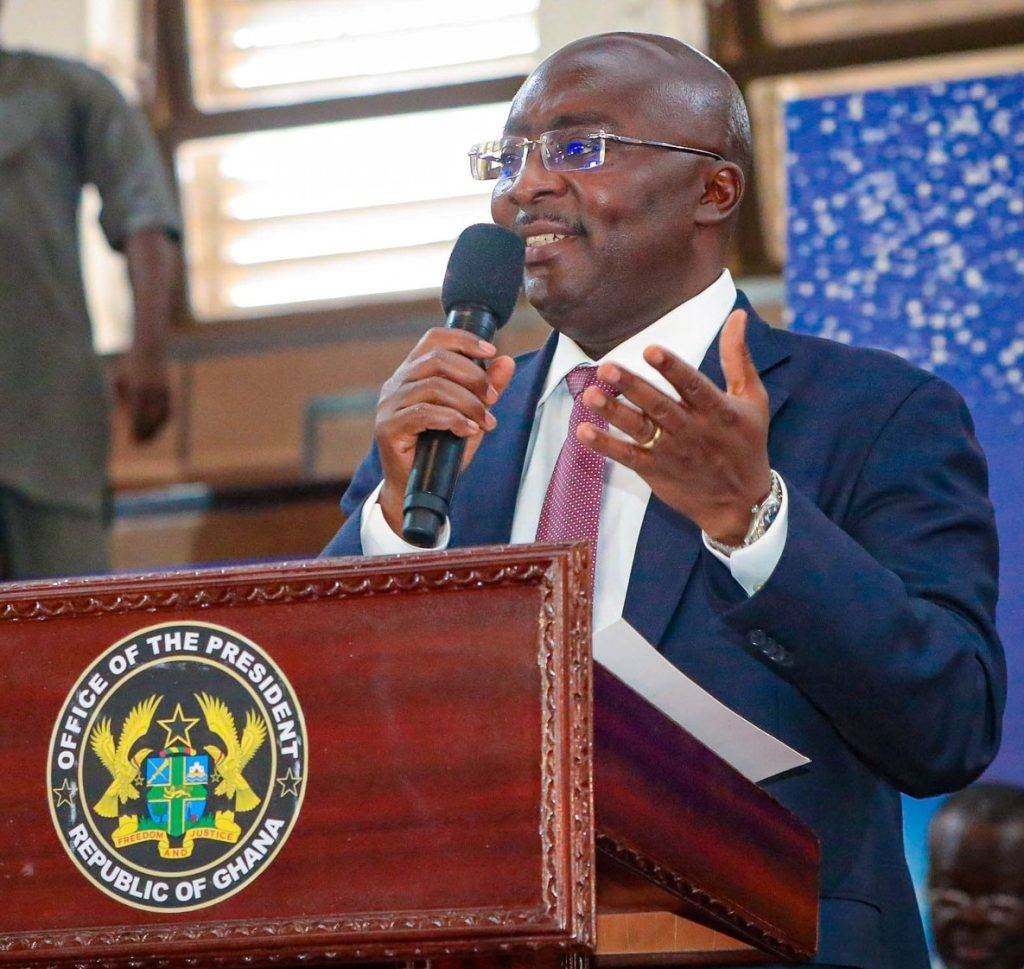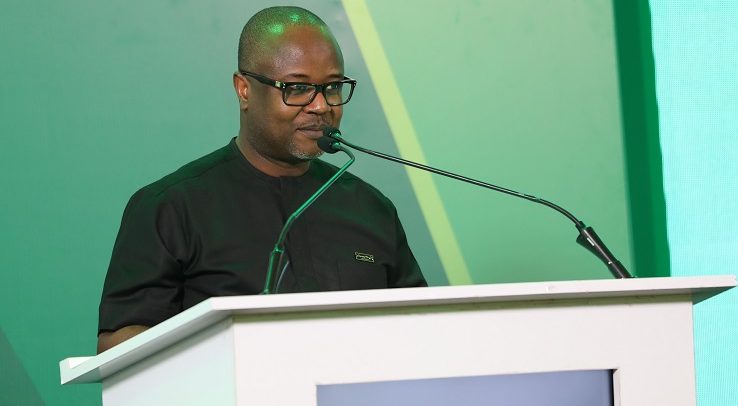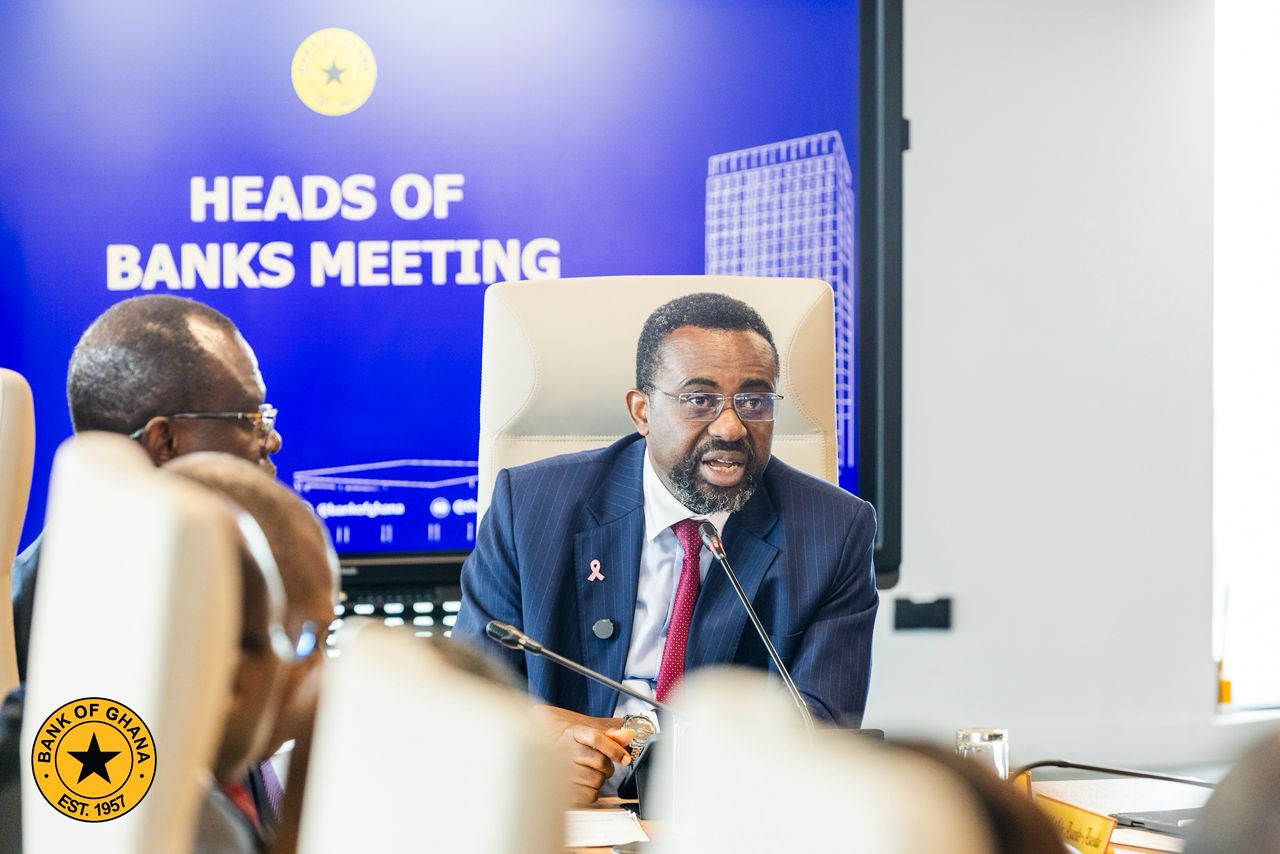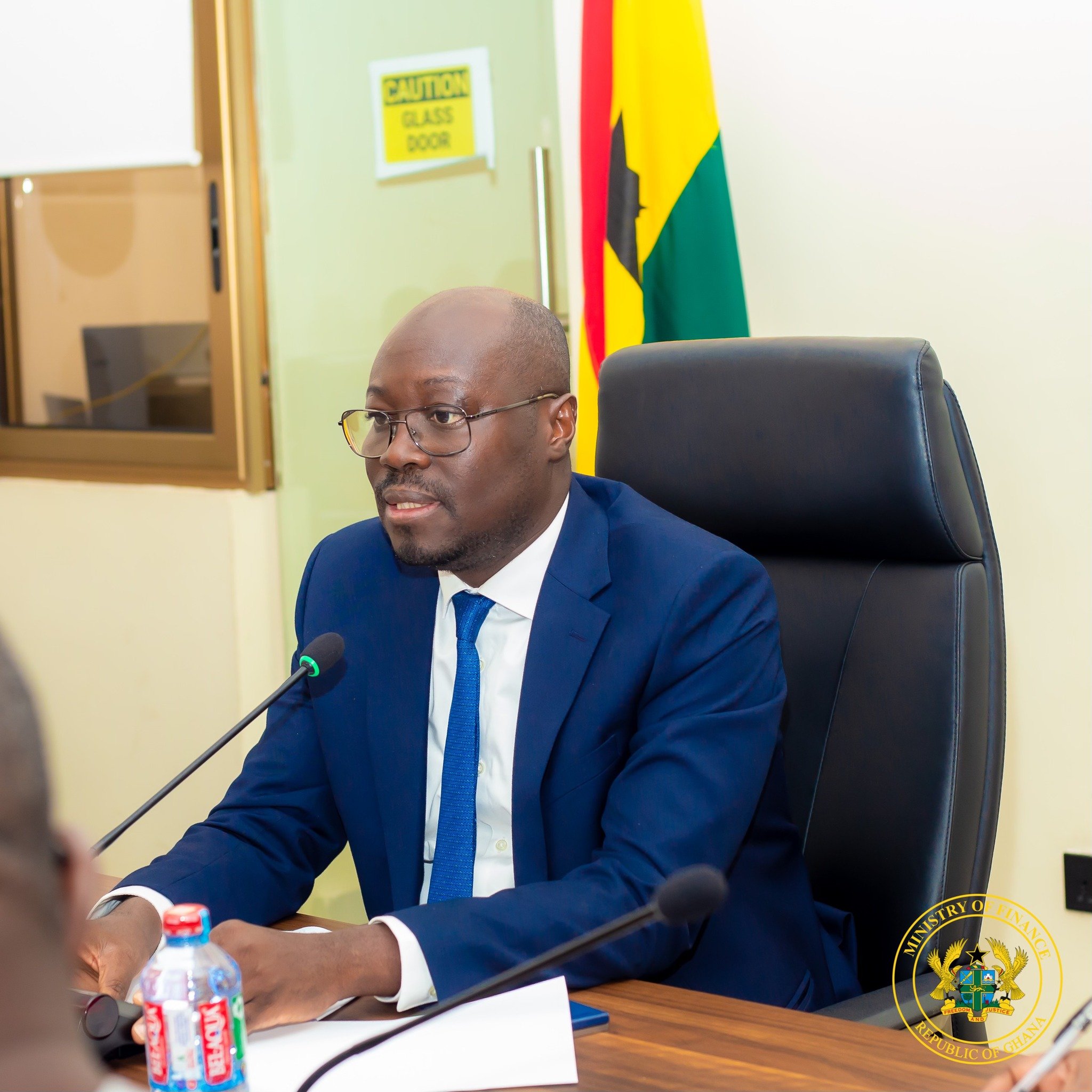
The West African Institute for Financial and Economic Management (WAIFEM) and the Bank of Ghana (BoG) have called for tighter cybersecurity measures to protect the region’s financial systems as digital transformation accelerates across West Africa.
Speaking at the opening of a five-day regional course on cybersecurity and digital currencies in Accra on Monday, BoG Governor Dr. Johnson Pandit Asiama, in a speech delivered on his behalf by Daniel Klu, Acting Head of Cyber and Information Security, said the same digital innovations driving inclusion and efficiency also introduce new systemic risks.
“Cybersecurity must be treated as an enterprise-wide and whole-of-government issue,” Dr. Asiama said. “For central banks, where public trust is sacrosanct, the stakes are even higher.”
He warned that the rapid growth of digital payment systems, fintech innovations, and mobile banking has made Africa more vulnerable to cyberattacks, data breaches, and fraud. The World Economic Forum ranks cybercrime among the top five global risks by likelihood and impact, he added.
The BoG Governor highlighted Ghana’s e-Cedi pilot as an example of how digital currency projects can be implemented responsibly. The initiative, he said, is being pursued through a risk-based approach that prioritises interoperability, data security, and financial inclusion.
“A digital currency that is vulnerable to cyberattacks could undermine financial stability and public confidence — outcomes no central bank can afford,” Dr. Asiama said.
He called for deeper collaboration across the Economic Community of West African States (ECOWAS) to harmonize cyber laws and strengthen information sharing among regulators.
“Cyber threats are borderless, and so must our defences be,” he noted, urging regional institutions to coordinate through computer emergency response teams and shared intelligence networks.
WAIFEM Director-General Dr. Baba Y. Musa, whose speech was read by Amadou Koora, Director of Financial Sector and Payment Systems, said the institute designed the course to help policymakers and regulators across the region respond to evolving cyber risks that threaten financial stability.
Dr. Musa stressed that cybersecurity is now a core determinant of macroeconomic stability, alongside traditional fiscal and monetary tools. “The stability of our economies now depends not only on sound fiscal and monetary policies, but also on how effectively we anticipate, prevent, and respond to digital-age threats,” he said.
He noted that the training would equip participants with practical tools to mitigate risks associated with digital finance and cryptocurrencies, emphasizing the importance of knowledge, collaboration, and capacity building.
WAIFEM, which was established by the central banks of Ghana, Gambia, Liberia, Nigeria, and Sierra Leone, has in recent years expanded its focus to include emerging areas such as digital finance and cybersecurity. The institute aims to help member countries build resilience to cyber shocks and safeguard the integrity of digital financial systems.
Both speakers underscored that leadership and human capacity development are central to cyber resilience. Asiama said boards and executives must make cybersecurity a strategic priority, not just a technical concern.
“The real test of leadership in the digital age,” he added, “is not whether we can prevent all attacks, but whether we can anticipate, respond, and recover swiftly.”
The five-day course brings together central bankers, financial regulators, and IT professionals from across West Africa. Facilitators from the Bank of Ghana, Deloitte, and other partner institutions are expected to lead sessions on cybersecurity fundamentals, digital currency regulation, and cross-institutional cooperation.
The post WAIFEM, BoG push for stronger cyber defenses in West Africa’s financial systems appeared first on The Business & Financial Times.
Read Full Story














Facebook
Twitter
Pinterest
Instagram
Google+
YouTube
LinkedIn
RSS